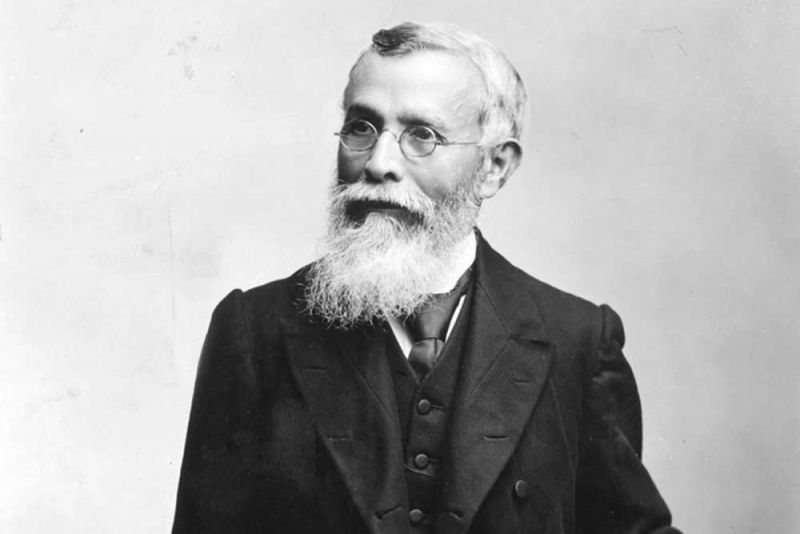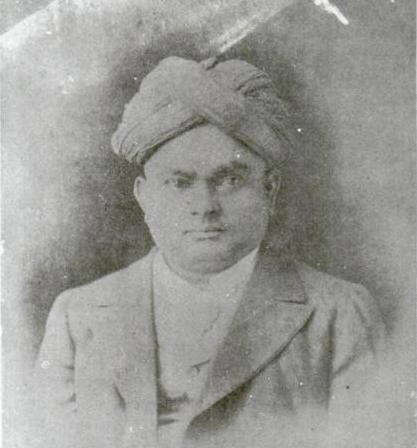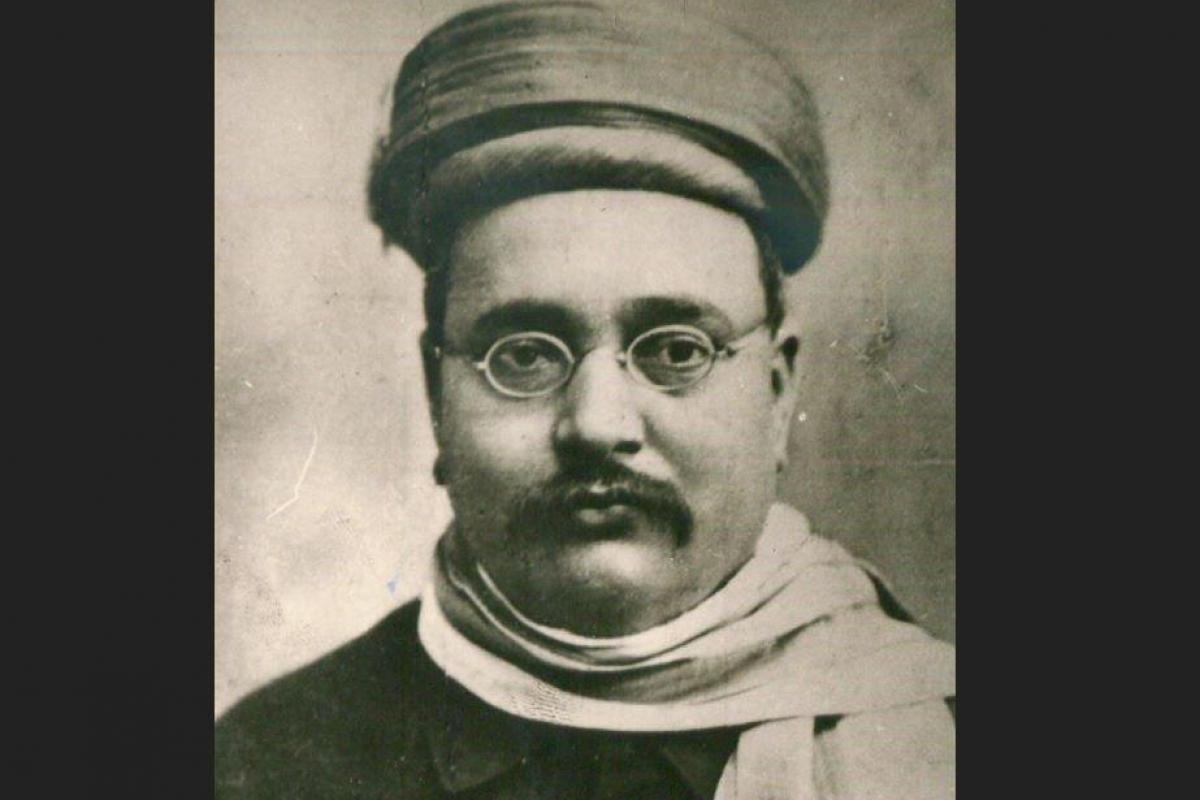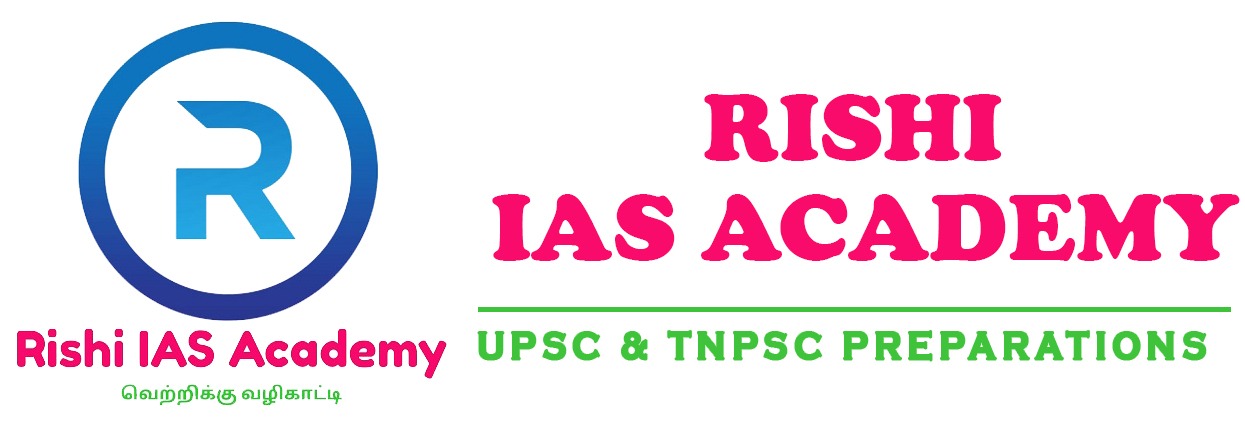Moderate Nationalism
- The leading figures during the first phase of the National Movement were A.O.Hume, W.C.Banerjee, Surendra Nath Banerjee, Dadabhal Naoroji, Feroze Shah Mehta, Gopalakrishna Gokhale, Pandit Madan Mohan Malaviya, Badruddin Tyabji, Justice Ranande and G.Subramanya Aiyar.
- Surendranath Banerjee was called the Indian Burke. He firmly opposed the Partition of Bengal. He founded the Indian Association (1876) to agitate for political reforms. He had convened the Indian National conference (1883) which merged with the Indian National congress in 1886.

Fig : Surendranath Banerjee
- Subramanya Aiyar preached nationalism through the Madras Mahajana Sabha. He also founded the The Hindu and Swadesamitran.

Fig : Subramanya Aiyar
- Dadabhai Naoroji was known as the Grand Old Man of India. He is regarded as India’s unofficial Ambassador in England. He was the first Indian to become a Member of the British house of commons.

Fig : Dadabhai Naoroji
- Gopal Krishna Gokhale was regarded as the political guru of Gandhi. In 1905, he founded the Servants of India society to train Indians to dedicate their lives to the cause of the country.

Fig : Gokhale
- For a few years the congress enjoyed the patronage of the British administrators.
- Between 1885 and 1905, the Congress leaders were moderates.
- The moderates had faith in the British justice and goodwill.
- They were called moderates because they adopted peaceful and constitutional means to achieve their demands.
Main demands of Moderates
- Expansion and reform of legislative councils.
- Greater opportunities for Indian in higher posts by holding the ICS examination simultaneously in England and in India.
- Separation of the judiciary from the executive.
- More powers for the local bodies.
- Reduction of land revenue and protection of peasants from unjust landlords.
- Abolition of salt tax and sugar duty.
- Reduction of spending on army.
- Freedom of speech and expression and freedom to form associations.
Methods of Moderates
- The Moderates had total faith in the British sense of justice and fair play.
- They were loyal to the British.
- They looked to England for inspiration and guidance. The Moderates used petitions, resolutions, meetings, leaflets and pamphlets, memorandum and delegations to present their demands.
- They confined their political activities to the educated classes only.
- Their aim was to attain political rights and self- government stage by stage.
- In the beginning, the British government welcomed the birth of the Indian National congress.
- In 1886, Governor General Lord Dufferin gave a tea garden party for the congress members in Calcutta.
- The government officials had also attended Congress sessions.
- With the increase in Congress demands, the government became unfriendly.
- It encouraged the Muslims to stay away from the Congress.
- The only demand of the Congress granted by the British was the expansion of the legislative councils by the Indian councils act of 1892.
Achievements of Moderates
- The moderates were able to create a wide national awakening among the people.
- They popularized the ideas of democracy, civil liberties and representative institutions.
- They explained how the British were exploiting Indians. Particularly, Dadabhai Naoroji in his famous book Poverty and UnBritish Rule in India wrote his Drain Theory. He showed how India’s wealth was going away to England in the form of:Salaries, Savings,PensionsPayments to British troops in India,Profits of the British companies.,
In fact, the British government was forced to appoint the Welby commission, with Dadabhai as the first Indian as its member, to enquire into the matter.
- Some Moderates like Ranade and Gokhale favoured social reforms. They protested against child marriage and widowhood.
- The Moderates had succeeded in getting the expansion of the legislative councils by the Indian councils act of 1892.
